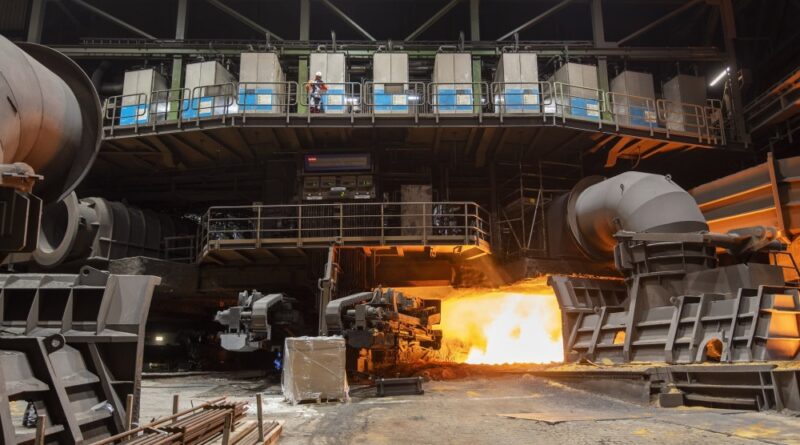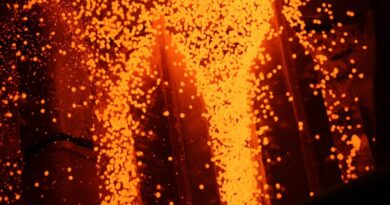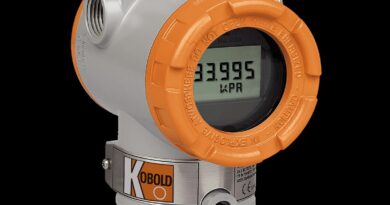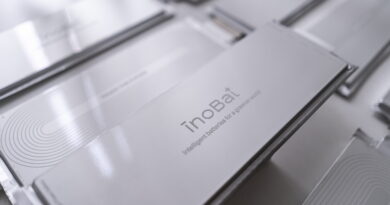Primetals and thyssenkrupp to launch carbon-neutrality blast furnace technology
Primetals Technologies and thyssenkrupp have signed an exclusive, worldwide cooperation agreement which sees both parties commit to bringing the innovative Sequence Impulse Process (known as SIP for short) technology to the market. The SIP technology has been developed by thyssenkrupp AT.PRO tec, a company of thyssenkrupp Materials Services, and is well established for use in foundry cupola furnaces.
The underlying principles of this proven technology have been adapted and specifically tailored to the blast furnace process. To prove the technology, thyssenkrupp Steel Europe has installed the first ever full system on their blast furnace #1 at Schwelgern, Duisburg in Germany.
Blast furnace operators can conventionally lower operating costs through injection of alternative fuels with the hot air blast (most commonly pulverized coal) in order to reduce the required coke rate in the burden. Additional oxygen enrichment is required to promote combustion for the added fuel.
Whilst benefiting the economic aspects for the furnace, this also results in a number of process and operational challenges. Combustion of the fuel localized in the raceway entry leads to higher heat loads on the shell and un-combusted material (char) can accumulate in the burden. This impedes gas flow and drainage, ultimately reducing the furnace performance efficiency.
The patented SIP technology acts to repurpose the enrichment oxygen, and deliver a series of controlled, high-energy pulses, increasing local concentration in the raceway. The resulting action is improved combustion and conversion of fuel, leading to better gas distribution and drainage potential.
Additionally, through higher penetration of the oxygen, the heat load generated is moved more to the central zone of the furnace. The small coke proportion in the burden can be increased without loss of permeability or increased overall pressure drop. These conditions permit an increase in the replacement of coke with injectant and higher production potential whist avoiding deterioration of the process conditions. Total fuel rate can be lowered and, as a result, the added benefit of reduced carbon dioxide emission is achieved. The SIP technology therefore brings multiple advantages in terms of significant savings in overall operating costs and supports the blast furnace operators in their moves towards carbon neutrality.




